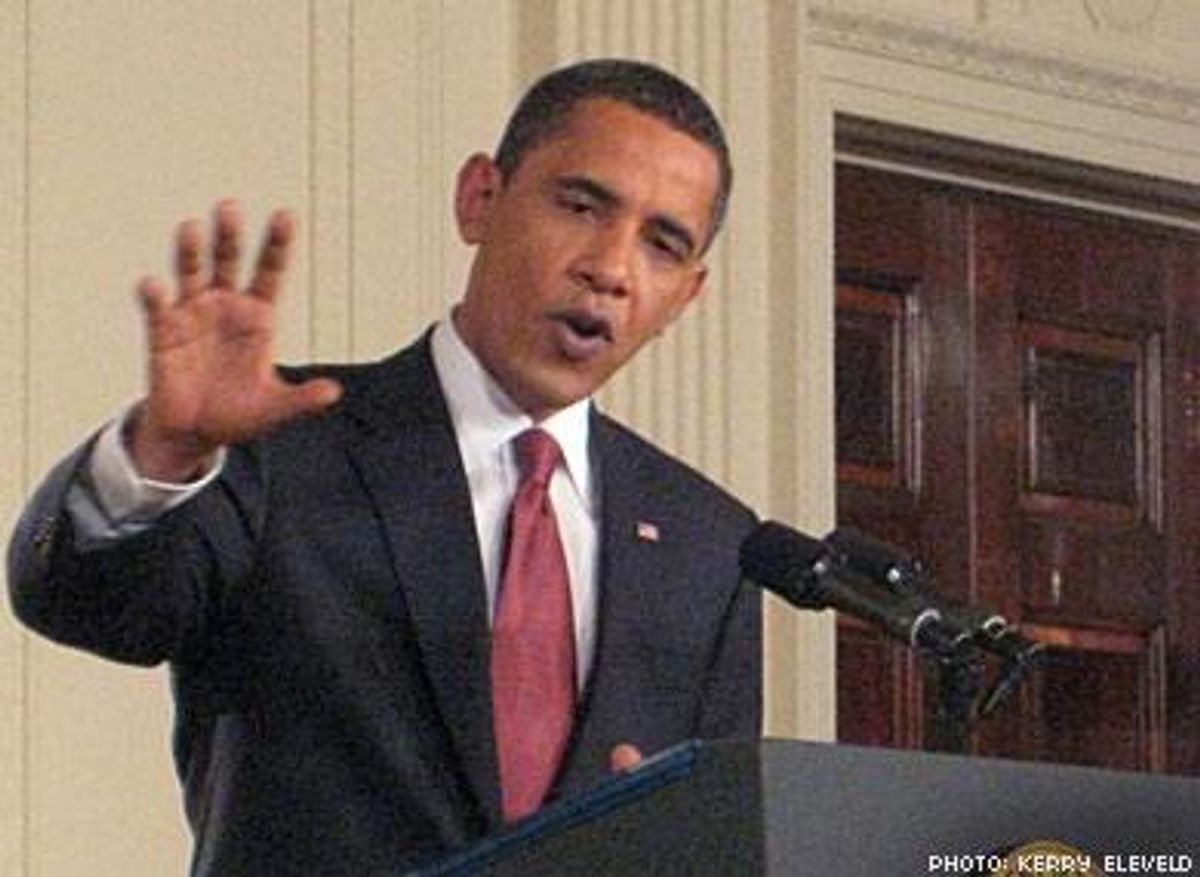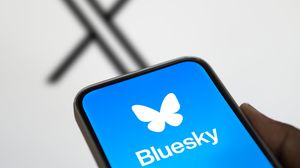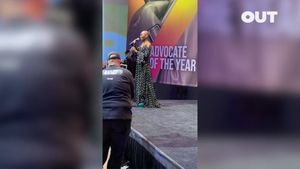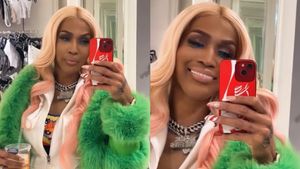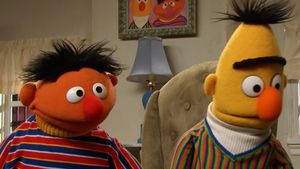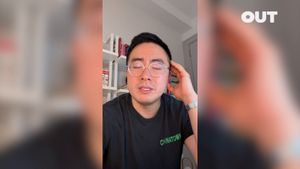President Barack Obama
said the words "health care" 14 times during his second
nationally televised press conference Tuesday night -- a good
sign for LGBT people who have had trouble getting or keeping
health insurance.
"The bottom line is,
is that I want to see health care, energy, education, and
serious efforts to reduce our budget deficit," President
Obama said of the budget he hopes to see Congress approve. It's
a theme he pounded home consistently during the hour-long news
conference, making very clear that overhauling the country's
health system is a nonnegotiable item in his budget.
The Administration
originally put a placeholder of $634 billion for health care
reform in its proposed budget -- a number that was referred to
as a "down payment" on revamping the system. While
progressive reformers say the move underscored Obama's
commitment to serious health reform, his overall budget has run
into a barrage of criticism for its soaring deficits.
The nonpartisan Congressional Budget Office has projected that
Obama's budget would produce a deficit of $9.3 trillion over
the next decade -- a figure even more troubling than
the already-steep $7 trillion gap the Obama administration
predicted last month.
Lawmakers on Capitol
Hill are currently grappling with how to trim the president's
budget, which has even raised questions among some moderate
Democrats like Sen. Claire McCaskill of Missouri, who is a
strong supporter of the president but ultimately voted against
his budget.
Obama sought to stem
that criticism at the press conference by explaining the upshot
of the heavy spending at the outset of his speech.
"The budget I
submitted to Congress will build our economic recovery on a
stronger foundation so that we don't face another crisis
like this 10 or 20 years from now," he told the several
hundred journalists assembled in the East Room of the White
House.
"We invest in the
renewable sources of energy that will lead to new jobs, new
businesses, and less dependence on foreign oil. We invest in
our schools and our teachers, so that our children have the
skills they need to compete with any workers in the world. We
invest in reform that will bring down the cost of health care
for families, businesses, and our government."
But reporters -- well
aware of the budget debate taking place in Congress right now
-- returned to the national debt several times, even asking at
one point whether running up these kinds of numbers would pass
along our problems to the next generation.
"None of us know
exactly what's going to happen six or eight or 10 years
from now," Obama responded. "Here's what I do know: If
we don't tackle energy, if we don't improve our
education system, if we don't drive down the costs of
health care, if we're not making serious investments in
science and technology and our infrastructure, then we
won't grow 2.6%, we won't grow 2.2%. We won't
grow."
The president took 13
questions that were notable both for who was included and who
wasn't. Not a single question went to a major daily newspaper,
though Obama's call list hit all the cable news correspondents.
He also fielded questions from several constituency group
outlets:
Ebony, Stars and Stripes
, and Univision. And although three questions touched on
foreign policy in Mexico, China, and the Middle East,
"Iraq" was only mentioned one time and it was in
relation to the budget.
While no gay-specific
questions were asked, LGBT people have a huge interest in what
happens with health care reform based on the greater barriers
to access they experience. The more money tagged in the budget
for health care, the more sweeping the reforms will likely
be.
President Obama is
scheduled to spend Wednesday afternoon on Capitol Hill selling
lawmakers on his plan.
"I'm a big
believer in persistence," Obama said at one point during the
news conference. "That whole philosophy of persistence, by
the way, is one that I'm going to be emphasizing again and
again in the months and years to come as long as I'm in
this office."
